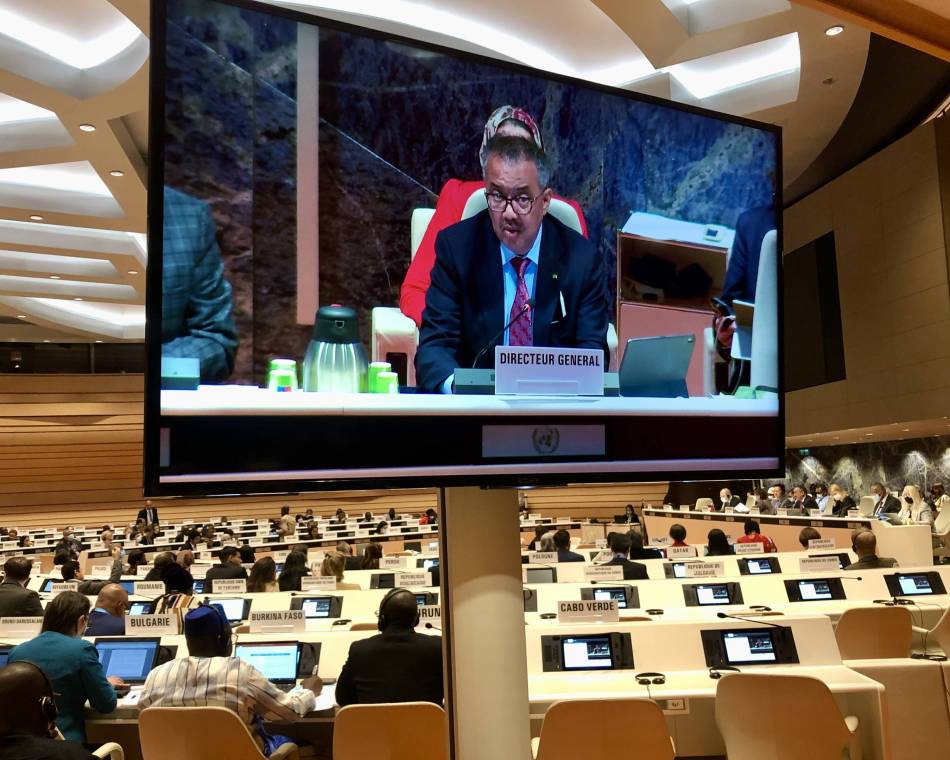GENEVA (AN) — The World Health Organization's governing body opened its weeklong annual meeting on Sunday against a backdrop of global financial tumoil and war in Europe, the still-dangerous COVID-19 pandemic, monkeypox and other threats.
Delegates convened for the first time in three years at the 194-nation World Health Assembly, where WHO Director-General Tedros Adhanom Ghebreyesus and heads of state set the tone for a somber gathering with a theme of using "health for peace."








